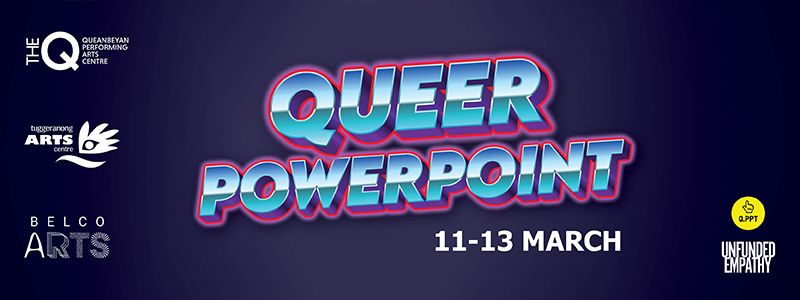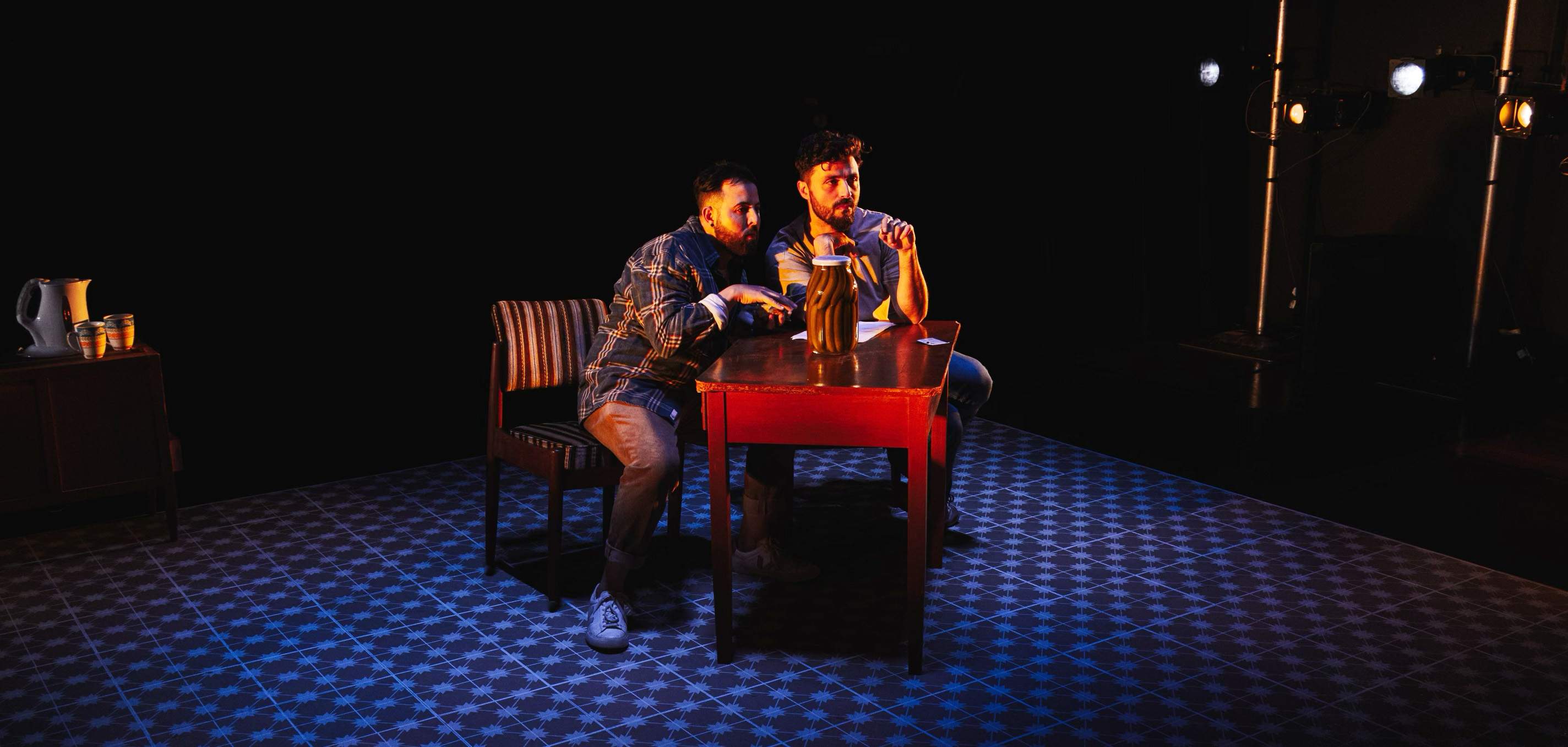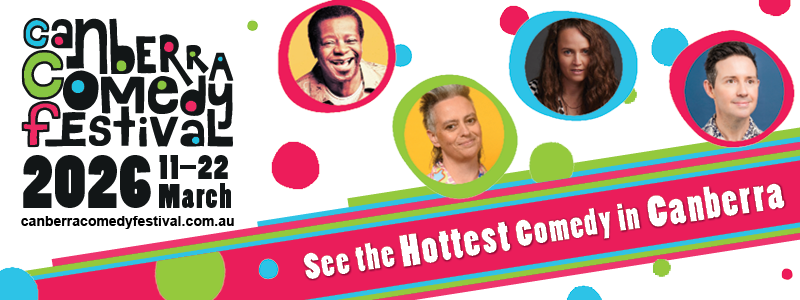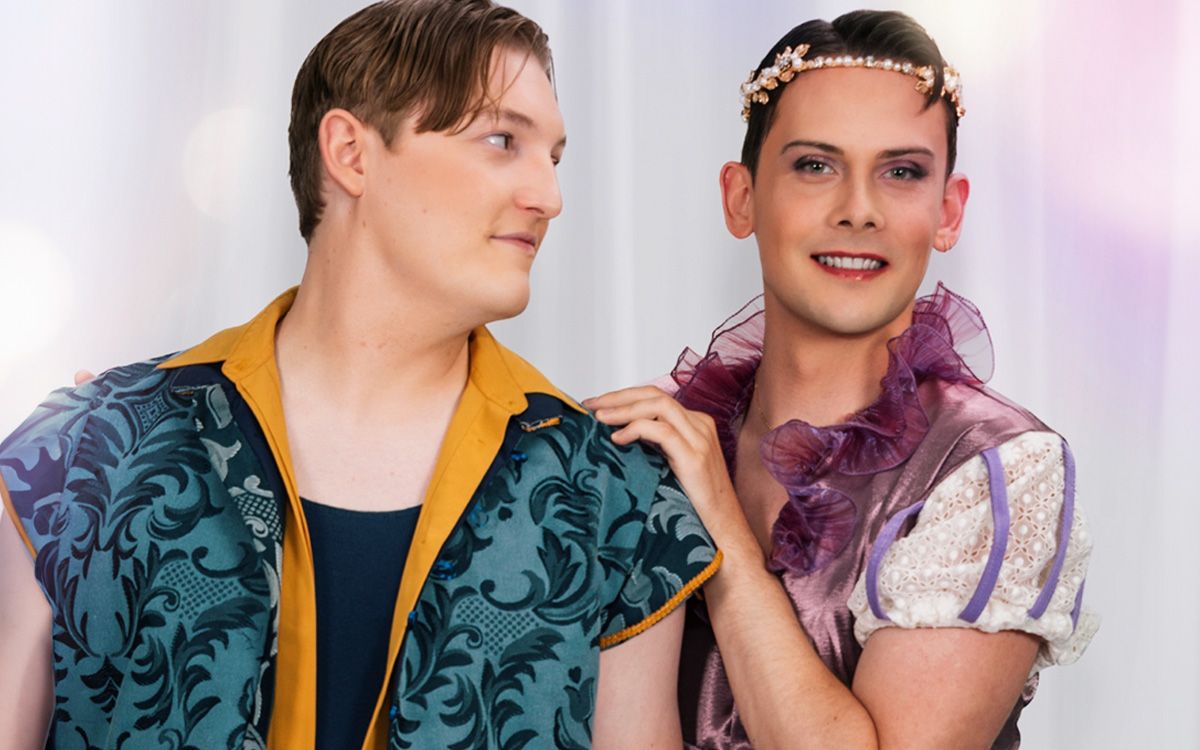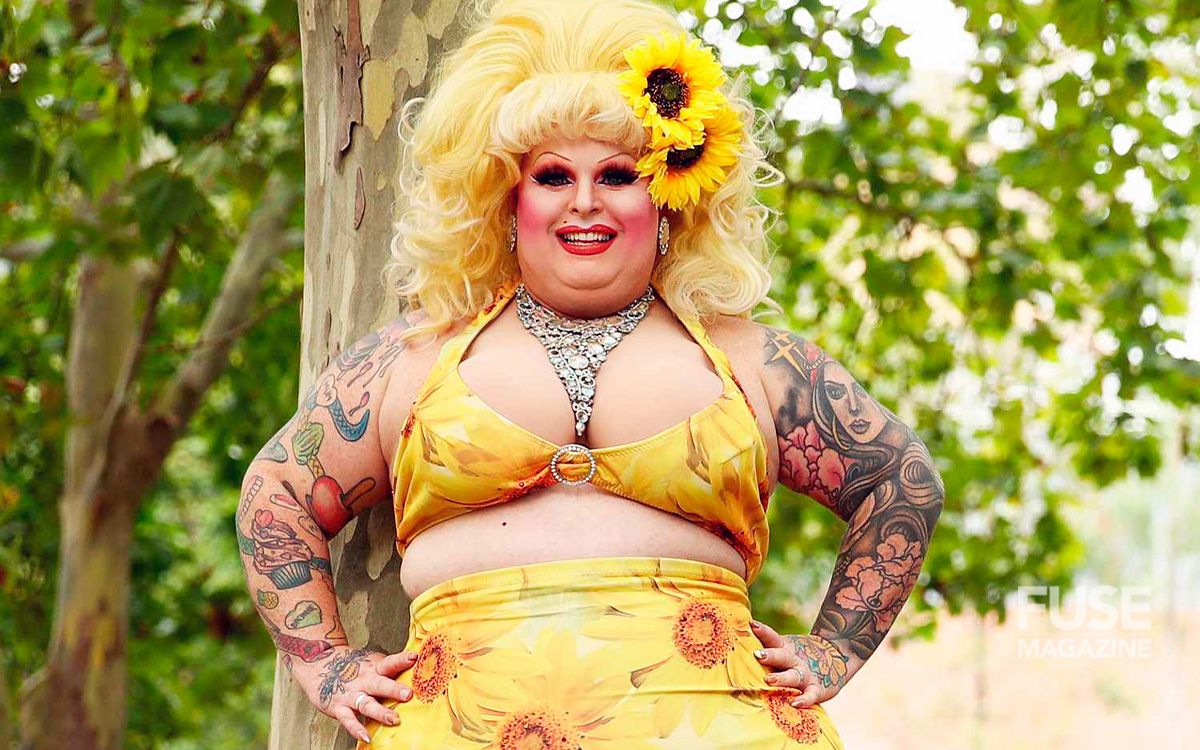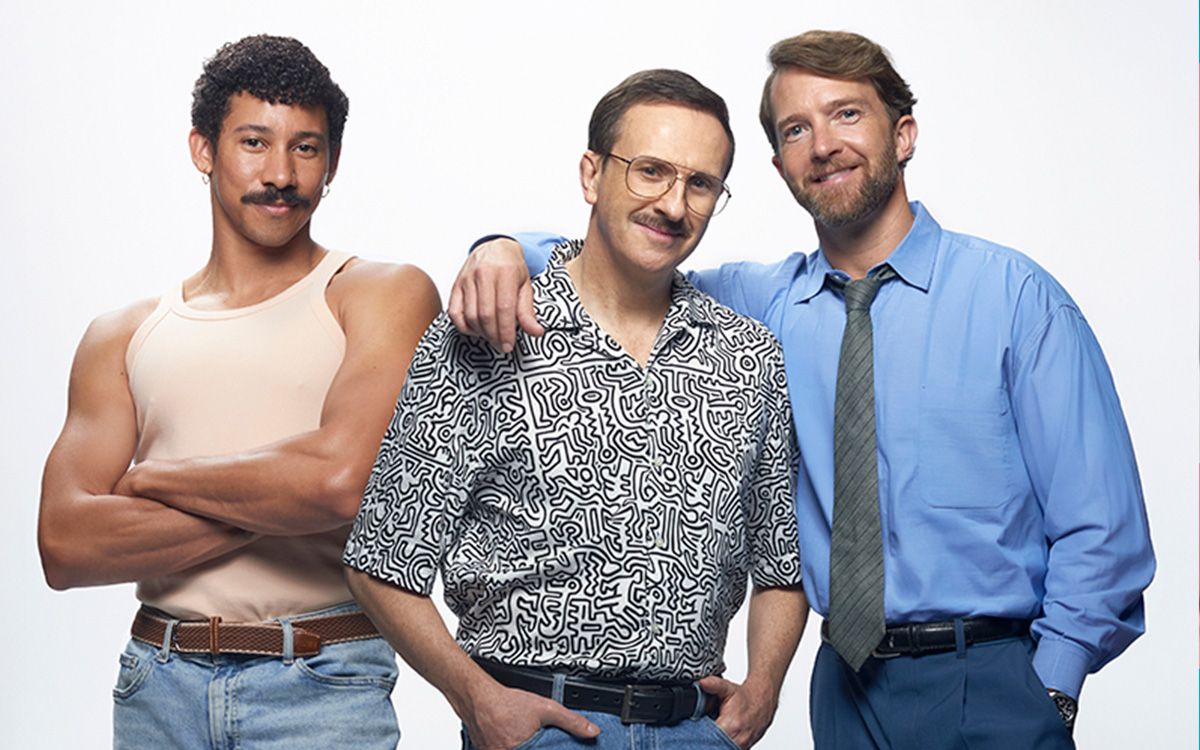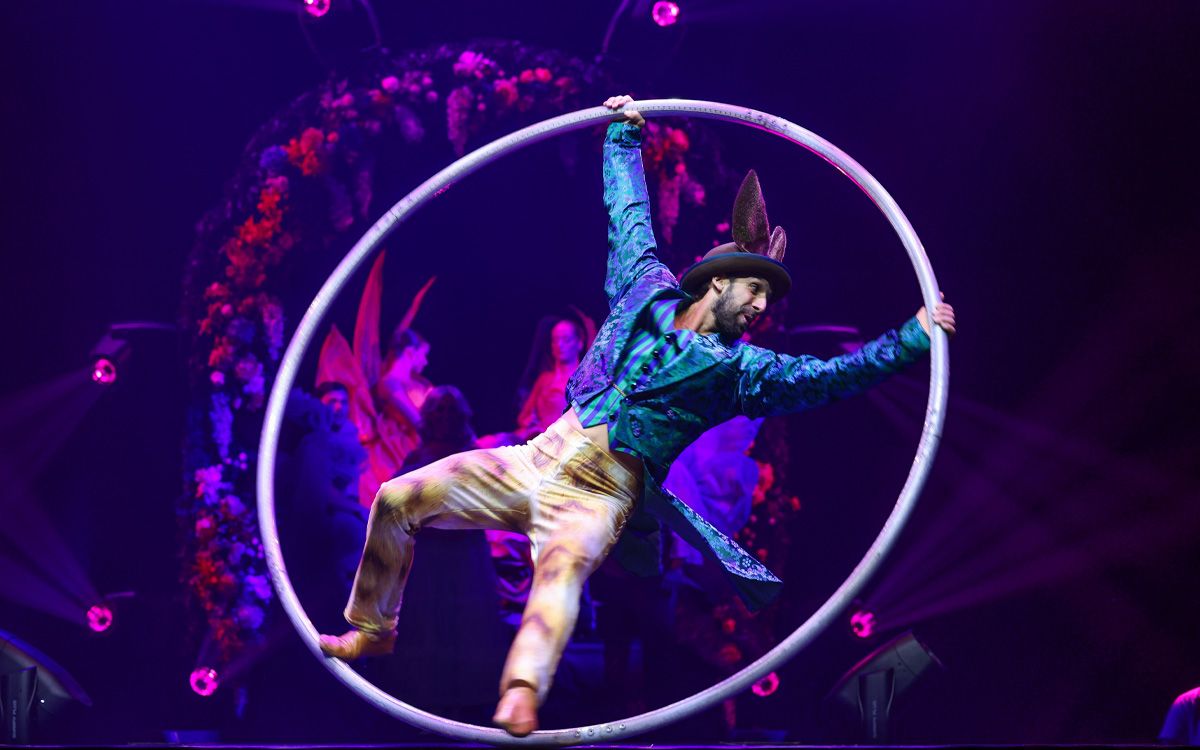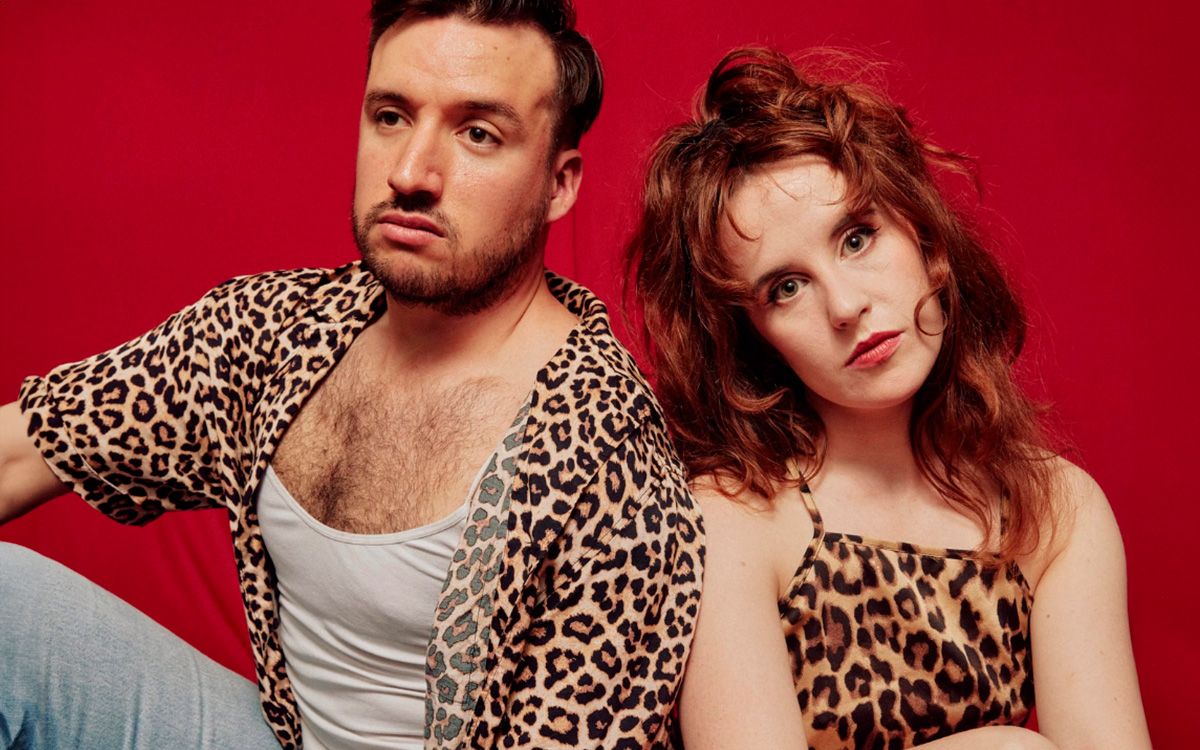Unveiling 'Pickled (بيكلد)': Family, Identity, and Queer Middle Eastern Culture

Following a sold-out work-in-progress run, ‘Pickled (بيكلد),’ co-created by Najée Tannous, Antony Makhlouf, Hayden Tonazzi, May Yousif, and Francesco Pelli is set to premiere at Sydney’s Belvoir St Theatre.
This captivating show follows queer Middle Eastern brothers Sammy and Yousif as they reunite after their mother’s sudden death. Their only inheritance—a jar of pickles—unravels long held hidden family secrets. As the siblings navigate their cultural identities and personal truths, the clash between tradition and modern queerness takes centre stage.
David Blanco from FUSE interviewed ‘Pickled (بيكلد)’co-writer and co-star Najée Tannous, a Lebanese French interdisciplinary artist whose work is deeply rooted in his Middle Eastern heritage. Najée shares insights on the play’s development and themes, its reception so far and the complexities of gay life in the Middle East.
Sammy and Yousif sit across from each other at a kitchen table adorned with a damask cloth. Battling the tumultuous waves of their mother’s sudden passing, they embark on an exhilarating quest to unravel the mystery behind their unexpected inheritance: a single jar of pickles. The brother’s chance to dill with the unconventional bequest drives them to unravel hidden truths about their family, themselves, and the memories they thought they shared.
FUSE: What should audiences expect when they come to see ‘Pickled (بيكلد)’’?
NAJÉE TANNOUS: Audiences can expect a vibrant and engaging exploration of Middle Eastern culture through a comedic lens. The play masterfully blends humour with poignant moments, offering a mix of laughs and thoughtful reflections on family dynamics, identity, and cultural expectations. It will hit you right in the heart with its emotional depth, punch you in the face with its sharp humour, and have you dancing in your seat.
How long did it take to develop ‘Pickled (بيكلد)’from the initial idea to its full production?
‘Pickled (بيكلد)’took three years to develop from its initial idea to full production. The concept emerged during the COVID-19 pandemic, a period marked by global isolation and reflection on human relationships. It was born from a personal journey exploring familial dynamics and inheritance, sparked by my fascination with how people react to death and what it reveals.
In this introspective period, the idea of inheritance took on a symbolic and quirky twist. It made me contemplate when my parents pass, what will our inheritance be? A house? A fortune of gold? A 1992 Toyota Camry? A single jar of pickles? The thought struck me as both phallic and uninspiring, yet somehow fitting. ‘Pickled (بيكلد)became a love letter to the Arab and Queer community. A message about preserving the essence of one's cultural lineage as a person of colour and how one co-exists between the innate queerness of one's identity and the cultural bloodline that provides a lens to how they see the world.
What has been the reaction of Lebanese audiences to ‘Pickled (بيكلد)’?
The reaction from Lebanese audiences to ‘Pickled (بيكلد)’ has been overwhelmingly positive. The play is not only hilarious and clever, but also delivers impactful moments that provoke deep reflection. It’s the kind of show that can make you laugh aloud while simultaneously stirring conversations about family dynamics and inheritance.
More importantly, it resonates on a personal level, serving as a poignant reminder of the complexities of self-acceptance. Many audience members, especially those who grew up in a traditional ‘Wog’ household, have found fragments of their own stories and identities within the play, making it a deeply meaningful experience for them.
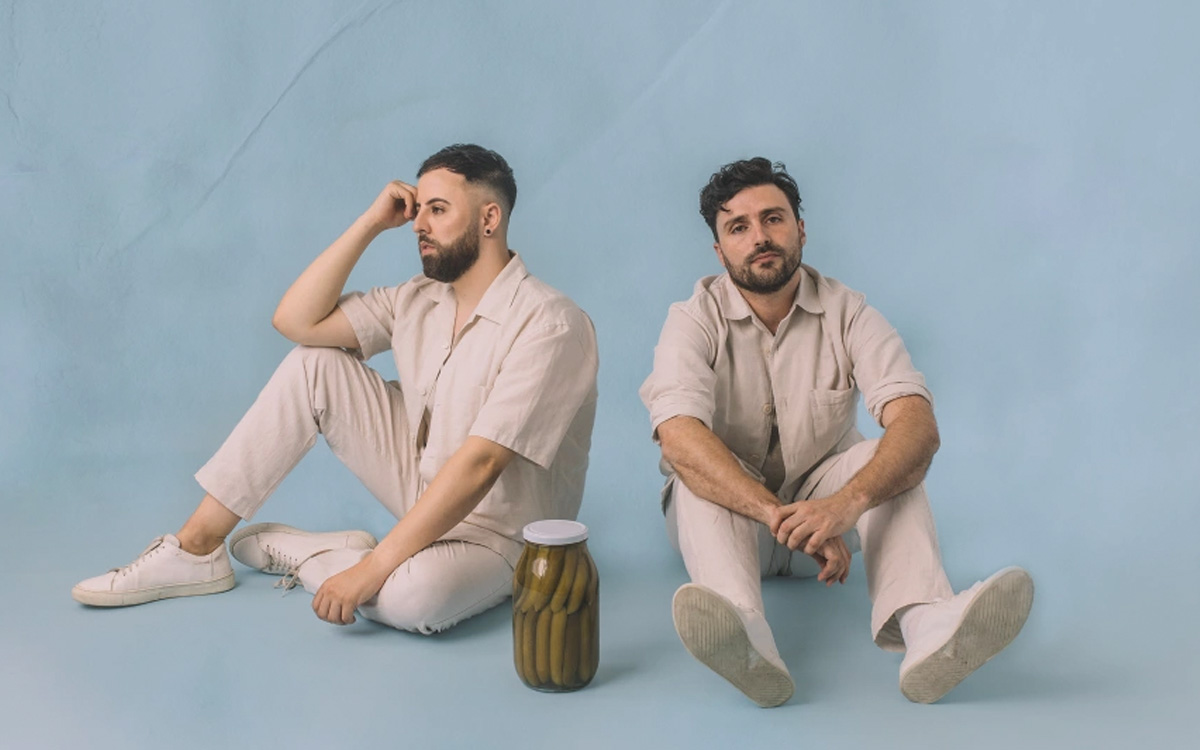
Do you believe the culturally specific themes in ‘Pickled (بيكلد)’ will resonate with non-middle eastern audiences? If so, why?
Yes, I believe they will. The core issues of family, identity, and self-acceptance are universal, touching on experiences that everyone can relate to. These are universal truths—grief, the search for personal identity, and the complexities of family relationships are feelings and experiences shared by people across all cultures. The play's humour and emotional depth help create a bridge for audiences from diverse backgrounds to connect with the story.
What is the current situation for LGBTQIA+ people in Lebanon? Have there been any advancements in the fight for queer rights, and if so, can you tell us about them?
The current situation for LGBTQIA+ people in Lebanon remains challenging, with significant social and legal obstacles. Lebanon does not have comprehensive legal protections for LGBTQIA+ individuals, and there are few explicit rights or protections against discrimination.
Homosexuality is not explicitly criminalised under Lebanese law, but societal attitudes can be hostile, and LGBTQIA+ individuals often face discrimination, harassment, and violence. However, there have been notable advancements in the fight for queer rights in recent years. Activism and advocacy by LGBTQIA+ organisations have gained increased visibility, leading to greater public awareness and dialogue about queer issues. Legal victories have been won, such as court rulings that have challenged discriminatory practices and upheld the rights of LGBTQIA+ individuals in specific cases.
Additionally, there has been a growing movement within Lebanon’s queer community and among allies to push for more substantial legal reforms and societal acceptance. Despite ongoing challenges, these efforts reflect a hopeful trend towards greater acceptance and progress for LGBTQIA+ rights in Lebanon.
Do you think ‘Pickled (بيكلد)’ will challenge the perceptions non-Middle Eastern people have about LGBTQIA+ individuals of Middle Eastern heritage?
Yes, by presenting authentic, multidimensional characters and stories, the play offers a nuanced portrayal of the intersection between queerness and Middle Eastern cultural identity. The show invites non-Middle Eastern audiences into the familiar setting of Sammy and Yousef’s mother’s kitchen, a space that humanizes and deepens their understanding of LGBTQIA+ experiences within the Middle Eastern context, moving beyond stereotypes and simplistic portrayals.
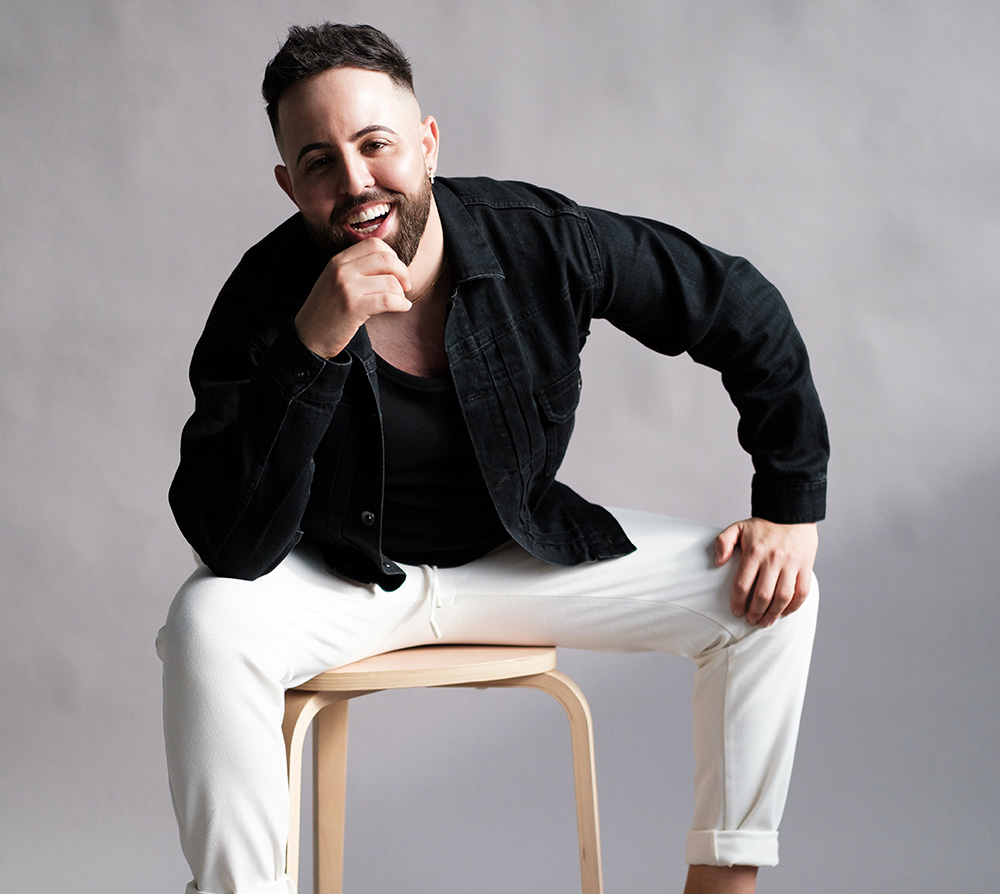
Photo : Najée Tannous
The creative process of developing ‘Pickled (بيكلد)’ with four other co-creators was both intricate and rewarding, particularly when tasked with the responsibility to develop a work that is authentic and culturally reflective of our community. I remember bringing in a family photo album that organically became a starting point, drawing inspiration from real-life moments with my brother. This led to improvisations that played a crucial role in shaping the text.
The collaboration wasn’t without its challenges. We encountered creative differences, especially when it came to balancing individual experiences. For instance, playing the character of Sammy involved tapping into my own childhood memories and relationships, where I often felt vulnerable. I've come to embrace this vulnerability as a beautiful aspect of my craft—a ritual of sorts that allows me to connect deeply with Sammy's narrative.
‘Pickled (بيكلد)’ was built on years of improvisations in the rehearsal room. During the process, it unravels memories that I have suppressed growing up. In retrospect, it was fuelled by my family's 'boys don't cry’ machismo. As a child I struggled to reconcile my vulnerability and feelings with the expectations placed upon me.
One of the greatest challenges I face is drawing a line between the raw emotions of Sammy and Yousef’s brotherly relationship and my own experiences with my brothers (I have 4). At times, the characters are burdened with the responsibility to authentically use the ‘truth’ as a weapon to disarm the collectivist stereotypes and cliches that surround the Arab ‘manosphere.’ I believe the process, especially the character Sammy, has facilitated a sense of healing, not just among those around me, but within myself. I’m thankful for that.
Are you feeling any nerves ahead of the premiere? What’s it like to have ‘Pickled (بيكلد)’ staged at the prestigious Belvoir Theatre?
Yes, I’m most definitely feeling some nerves in the lead-up to the premiere. It’s a tremendous honour to have ‘Pickled (بيكلد)’ play at the Belvoir and a significant milestone for us Western Sydney folks. The opportunity to present our work adds an extra layer of anticipation and pressure, but it also fills me with immense pride and gratitude to share our love letter to the Arab and Queer community.
What advice would you give to young queer artists who are just starting their journey in the world of theatre and the arts?
My advice is to stay unapologetic about telling your truth through storytelling. Embrace your unique voice and experiences, as our collective power is crucial in preserving our narratives and paving the way for others. By being true to yourself and sharing your authentic stories, you contribute to a richer, more diverse artistic landscape and inspire future generations of artists.
‘Pickled (بيكلد)’ is playing at Belvoir St Theatre 20 August – 8 September 2024.


